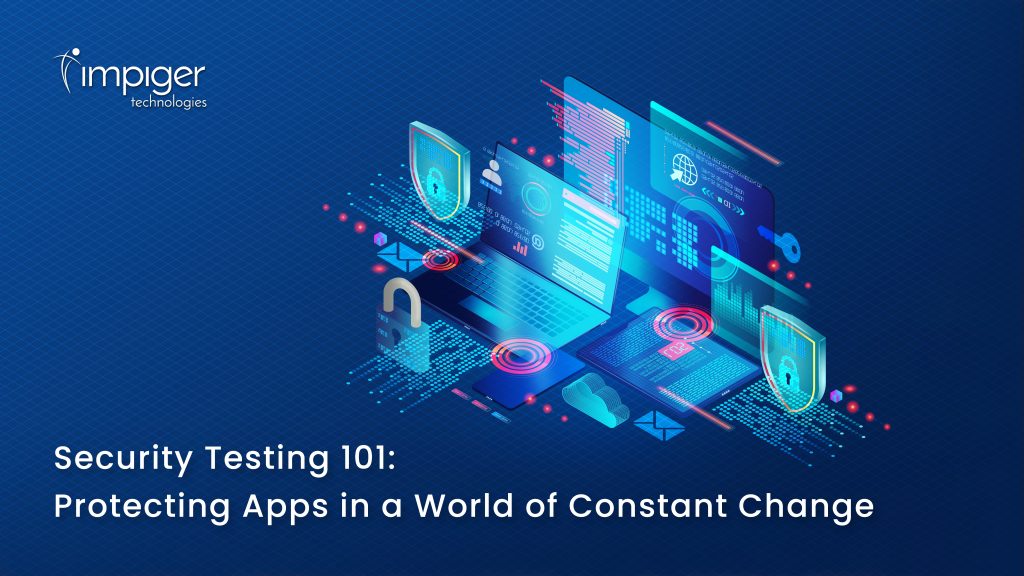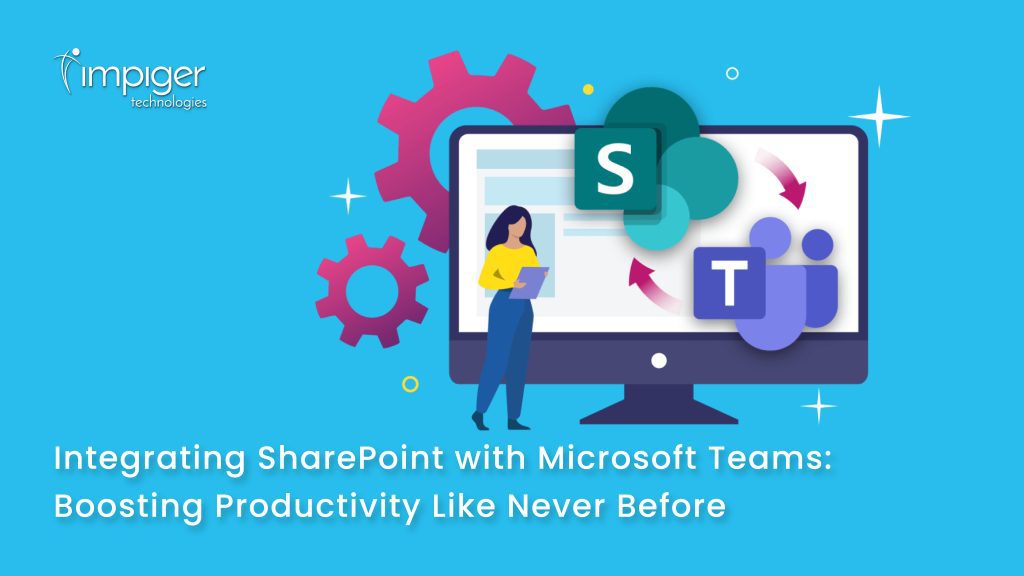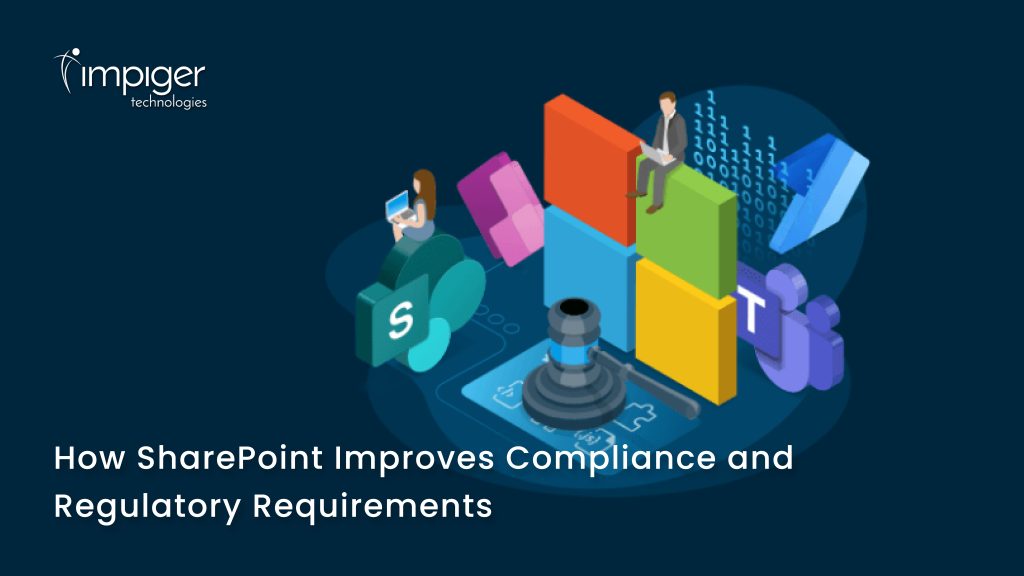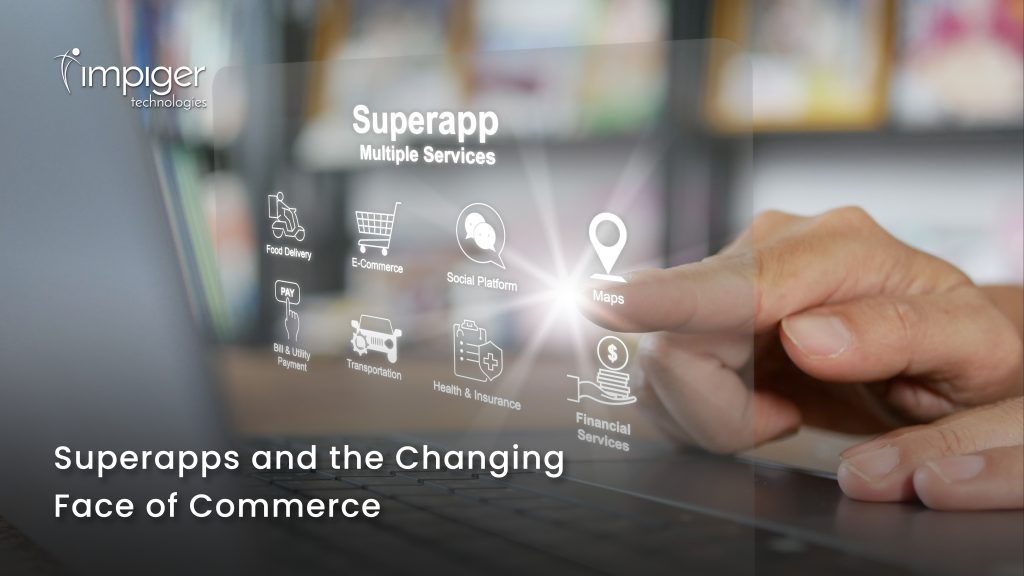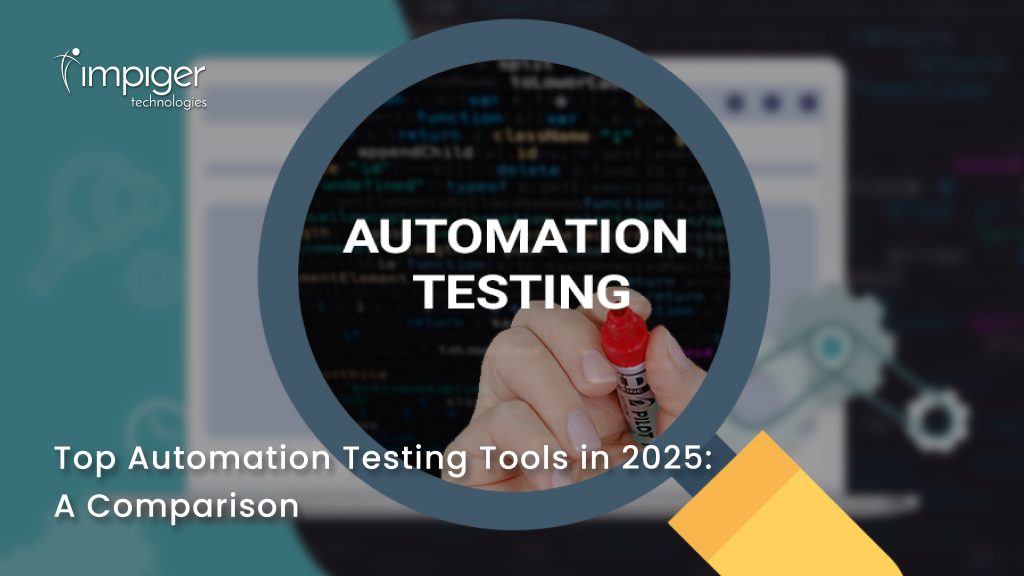In today’s fast-paced business landscape, organizations are constantly seeking ways to streamline their operations, improve efficiency, and enhance collaboration with their suppliers. One powerful solution that has gained significant traction is the implementation of a self-service supplier portal. This blog explores the numerous benefits that businesses can achieve by adopting such a portal and how it can revolutionize supplier management processes.
Improved Communication and Collaboration:
A self-service supplier portal serves as a centralized platform where businesses and their suppliers can interact, exchange information, and collaborate in real-time. By providing a seamless communication channel, organizations can ensure timely and accurate information sharing, reducing the chances of miscommunication and delays. Suppliers can access important documents, submit invoices, and track order statuses, promoting transparency and fostering stronger relationships.
Enhanced Efficiency and Productivity:
With a self-service supplier portal, businesses can automate and streamline manual processes, eliminating time-consuming tasks such as manual data entry, invoice processing, and purchase order management. This automation leads to increased operational efficiency, reduced human errors, and significant time savings for both parties involved. Suppliers can focus on delivering quality products and services, while organizations can allocate resources to more strategic initiatives.
Greater Cost Savings:
Implementing a self-service supplier portal can lead to substantial cost savings for businesses. By digitizing and automating supplier-related processes, organizations can minimize the need for manual paperwork, reduce administrative overhead, and optimize resource allocation. Additionally, streamlined processes and improved collaboration can lead to better negotiation and pricing strategies, enabling businesses to achieve cost efficiencies throughout the supply chain.
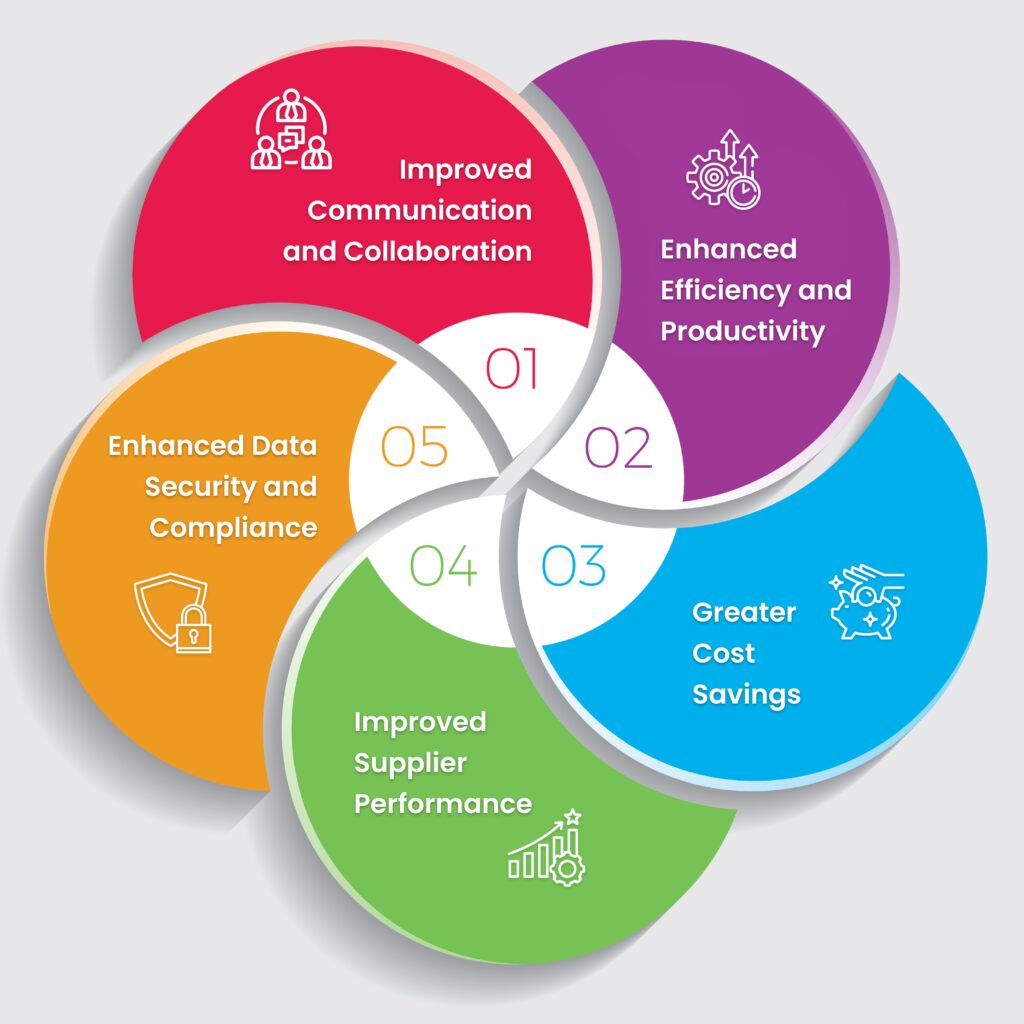

Improved Supplier Performance:
A self-service supplier portal enables organizations to monitor and evaluate supplier performance more effectively. By accessing real-time data and performance metrics, businesses can gain insights into supplier reliability, delivery times, quality of goods, and customer satisfaction levels. This information allows organizations to make data-driven decisions, identify areas for improvement, and work collaboratively with suppliers to enhance overall performance.
Enhanced Data Security and Compliance:
Data security and compliance are critical concerns for businesses when managing supplier relationships. A self-service supplier portal provides a secure environment for exchanging sensitive information, ensuring data integrity and protection. It allows businesses to define access controls, track activities, and maintain audit trails, thereby mitigating the risk of data breaches and ensuring regulatory compliance.
Final Thoughts
Implementing a self-service supplier portal offers numerous benefits for organizations, including improved communication, efficiency, cost savings, supplier performance, and data security. By leveraging technology to automate processes and foster collaboration, businesses can optimize their supplier management practices and gain a competitive edge in the market. Embracing a self-service supplier portal is a strategic decision that empowers businesses to build stronger supplier relationships, streamline operations, and drive growth in today’s dynamic business landscape.
Explore the power of a self-service supplier portal; check out Impiger’s comprehensive Supplier Portal Solution “Mercatere” here at https://www.impigertechnologies.com/supplier-portal-solution/.
Mecatere offers a robust and feature-rich platform that empowers organizations to enhance efficiency, improve supplier relationships, and drive sustainable growth. By embracing this innovative technology, businesses can stay ahead of the competition and build a resilient and agile supply chain ecosystem.
Blog Reviewed by Kumaresan Selvaraj



